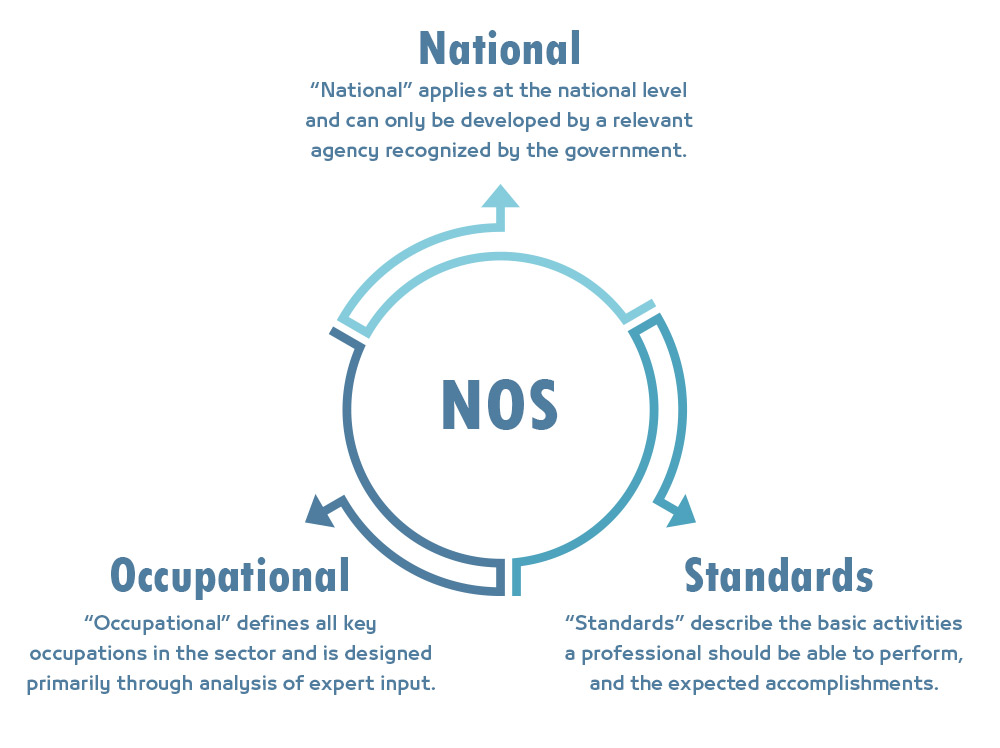National Occupational Standard Framework for Data and Artificial Intelligence
The Kingdom of Saudi Arabia aims to become one of the global leaders in Data and AI. Supporting and developing national competencies is considered a key enabler for this direction. This focus is expressed through SDAIA’s spearheading of many initiatives, programs and activities to develop human capital, build capabilities, provide support, enhance the sustainability of national competencies, and link them to future jobs to create a fertile landscape for national competencies capable of pushing Saudi Arabia to be one of the advanced countries in AI.
Given its national duty as an authority in data and AI, and its pursuit to regulate the sector, SDAIA issued the
National Occupational Standard Framework for Data and Artificial Intelligence as a baseline reference for those interested in the sector, whether professionals or decision-makers in various organizations, in order to standardize and improve occupational practices and applications related to developing human capabilities.
National Occupational Standard Framework for Data and Artificial Intelligence
An Overview of National Occupational Standards
National Occupational Standards are determinants of performance level that an individual must achieve when performing key job roles, including this performance’s requirements of experience, knowledge and abilities that this particular individual needs to continue working at this occupational standard.

The standards for each occupation define the key tasks of the job role, including tasks (key job activities), skills (competencies or acquired experiences), knowledge (academic backgrounds), and abilities (individual talents). The national frameworks provide a standard-setting instrument related to each occupation within the sector which serves as a reference guide for organizations and authorities in applications related to developing their human capabilities. These applications include several practices, such as recruiting and managing talents, developing job descriptions, workforce planning, professional guidance and development for individuals, performance evaluation, developing accredited professional licenses and certificates, and developing national occupational policies.